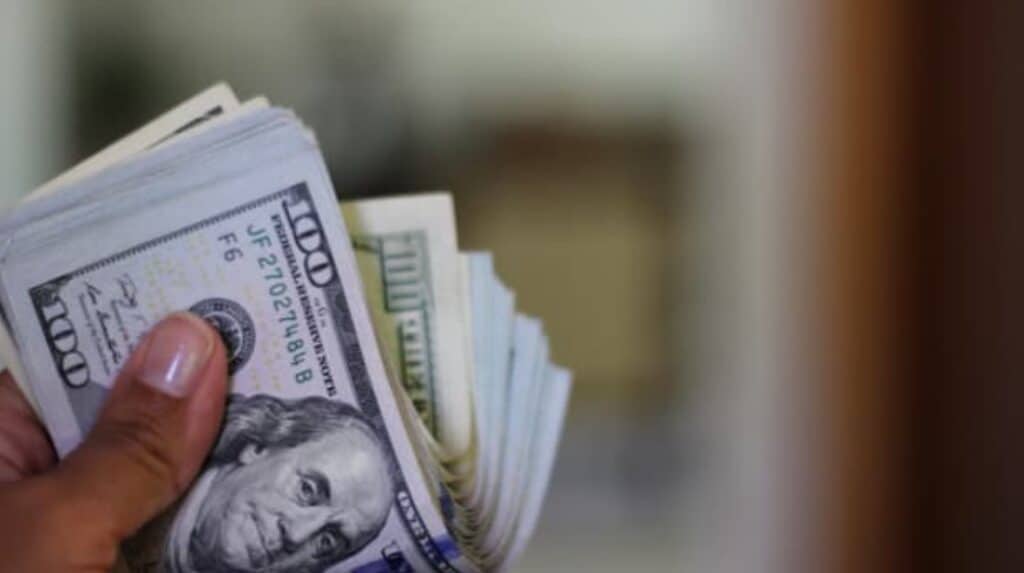
SINGAPORE — The U.S. dollar is poised to further weaken, amid market views that geopolitical risks are falling after the election and that the next stimulus package will likely be smaller than expected, according to analysts.
Citi Private Bank strategists predicted a weaker dollar ahead, given that a Biden administration would reduce uncertainty in international trade policy.
“Victory for President Elect Biden means a return to more conventional governance. As the province of the President, it will result in a major shift in the way foreign policy is conducted. Alliance building will return. ‘Tariff threat first’ negotiating tactics will end,” the bank’s chief investment officer, David Bailin, and Steven Wieting, chief investment strategist and chief economist, wrote in a note published Monday.
That will benefit much of the world’s financial markets, especially in emerging markets, they said.
“Perhaps the greatest clarity post-election is for global trade. US foreign policy will enter a more predictable phase without escalating tariff threats. We see a declining US dollar, and rising emerging markets as highly likely,” they wrote.
On Friday, the U.S. dollar index, which tracks the greenback against a basket of its peers, hit a low of 92.456 – its lowest level since September 2. Following projections over the weekend that Joe Biden has won the U.S. presidential election, the dollar continued diving sharply to around 92.162 on Monday.
In Asia trading on Tuesday, however, it bounded on Pfizer vaccine hopes to last trade at 92.813 — but still below the 94 level seen earlier this month.
“What has probably been more of a surprise … post the election result … was the way not only have we seen (the offshore Chinese yuan) and the Asian currencies benefiting … but we’ve seen a much more broader dollar sell off — across all the G10 currencies,” JPMorgan Private Bank’s Adam Margolis told CNBC’s “Street Signs Asia” on Monday. Notably, that also includes some emerging currencies, he added.
Asian currencies strengthened in the last few days, with the offshore Chinese yuan hitting a 28-month peak on Monday and appreciating further to last trade at 6.61 on Tuesday morning. The Japanese yen hit an eight-month peak of 103.18 against the dollar on Friday, according to Reuters.
Margolis, the bank’s head of foreign exchange, commodities and rates, pointed out there’s a view that the Biden victory reduces overall geopolitical risk premium, and that has “spillover effects” outside of Asia.
He added the theme at play was to continue to look for “opportunities” to trim the overweight exposure on the dollar.
“I think it’s important, is this idea that the prospect of a little bit of lower fiscal stimulus going forward has led at least initially to lower yields,” he said. “I think that puts the onus back onto the Fed, underscores the importance of them effectively communicating that we’re going to have a period of prolonged negative real rates.”
As rates go lower, that affects the U.S. dollar because investors may flee dollar-denominated assets – which generate lower yields.
Brokerage Phillip Futures also said in a note on Monday that the dollar could weaken if the second stimulus package is smaller than expected.
“An increasingly bearish picture is unfolding for the U.S. dollar … on signs that Fed money printing rather than government spending may be deployed to bolster the economy,” it said.
A divided Congress — with Republicans controlling the Senate and Democrats holding onto the House — may mean a small stimulus package. That increases pressure on the Fed to ramp up its bond-buying program and other economically supportive policies and in turn pressures the dollar, Phillip Futures said.
























